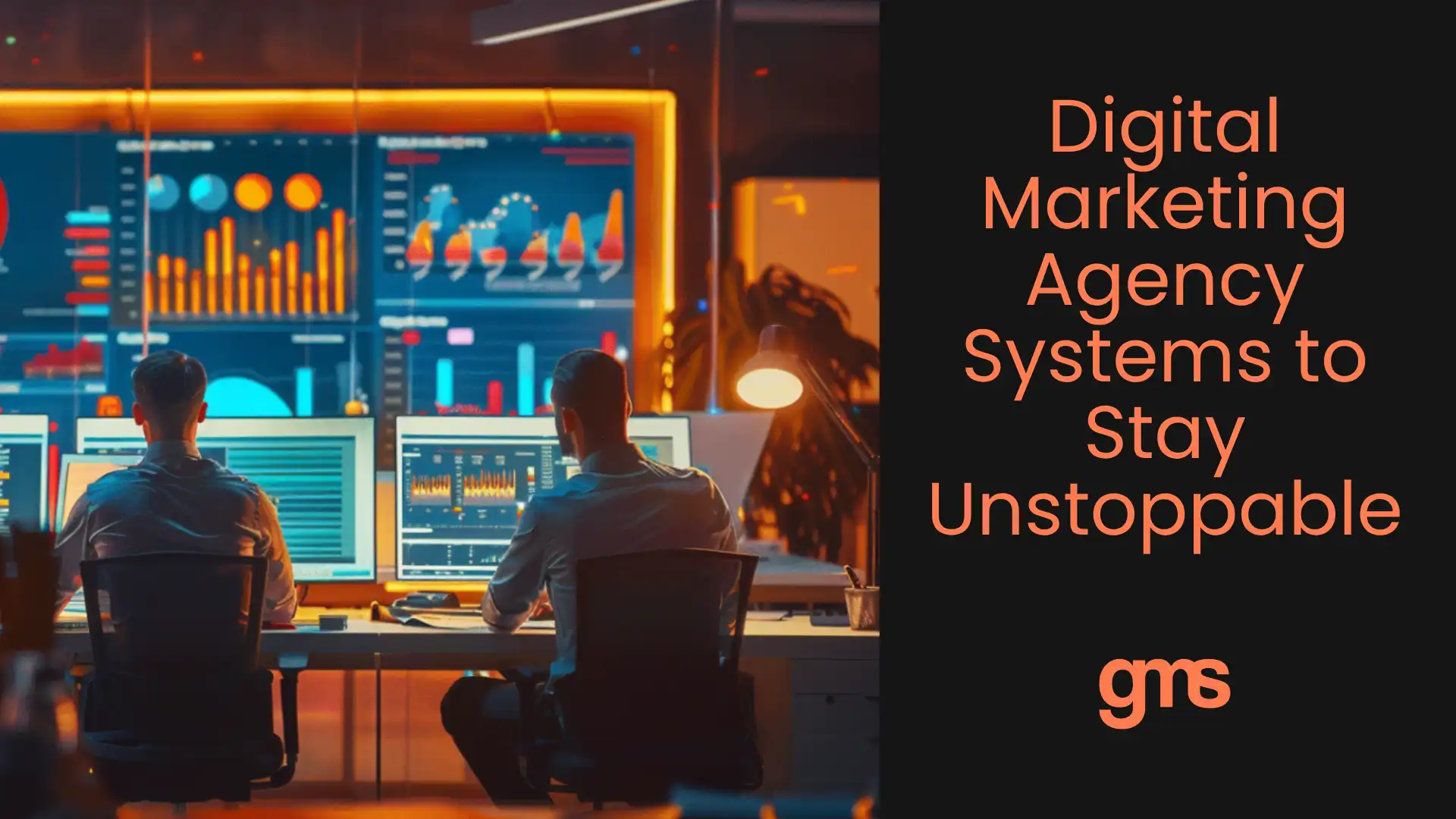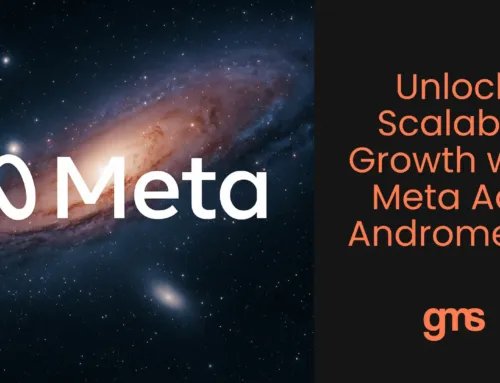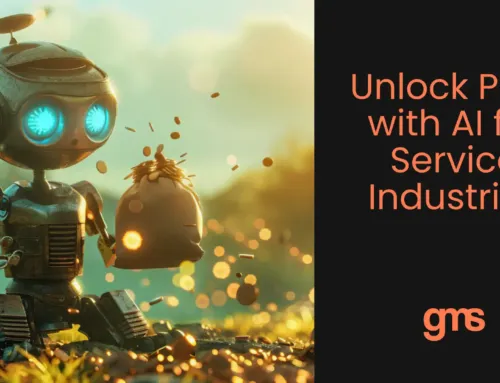Clients Ghosting? 5 Ways Top Digital Marketing Agencies Handle Delays Without Losing Momentum
Some clients reply before the email is even sent. Others vanish mid-project like it never existed. Both ends of that spectrum are more common than most digital marketing agency teams care to admit. If you’ve ever watched momentum stall because a client didn’t approve the next step, you’re not alone.
Delays happen, but top-tier marketing services never let them derail. When the silence hits, elite agencies don’t wait. They pivot, protect timelines, and keep campaigns profitable. Here’s how industry leaders engineer resilience into their workflow so silence becomes signal, not sabotage.
Reframe Silence as a Strategic Window
Silence isn’t a dead end. It’s data. A top digital marketing agency doesn’t panic when replies go missing; it fills the gap. Ghosting often signals overwhelm, competing priorities, or uncertainty on the client side. Instead of chasing, elite teams pivot: reviewing current campaign architecture, mapping contingency workflows, and using the space to strengthen the next move.
This isn’t about waiting. It’s about realigning. High-performance marketing services treat every delay as a moment to optimise backend mechanics. Whether it’s refining ad creative, re-forecasting budget efficiency, or recalibrating message sequencing, that window becomes a launchpad. When you implement this approach, stalled responses no longer slow progress; they set the stage for sharper impact.
Clients aren’t always absent, sometimes they’re just unclear
Often, ghosting doesn’t mean disinterest , it reflects internal ambiguity, overcommitment, or shifting priorities on the client side. Elite agencies interpret this not as abandonment but as a behavioural signal and use it to future-pace a more aligned conversation. They create space to reassess priorities, develop stronger questions, and prepare refined next steps that make the eventual re-engagement smoother, faster, and more profitable.
Use Pre-Set Decision Trees to Avoid Bottlenecks
High-stakes marketing doesn’t have time to freeze. That’s why every high-performing digital marketing agency engineers preset pathways for common client silences. These aren’t guesswork, they’re contingency-built, logic-based decision trees. Think of them as autopilots that activate when live communication breaks down.
Fallback options allow delivery teams to continue execution using the last approved data point, hypothesis, or default optimisation path. With this in place, you’re not waiting for approvals, you’re maintaining velocity. When you apply this framework, momentum stays internal, pressure stays low, and progress never stops.
Elite agencies don’t wait, they default to logic-based fallback systems
When communication stalls, elite agencies don’t scramble. Instead, they switch seamlessly into predefined workflows using client-approved fallback paths that protect delivery schedules and campaign integrity. These internal logic trees empower teams to act decisively, avoiding the guesswork that paralyses less prepared marketing services. It’s how great agencies keep their promises, even in silence.
Need help with effective digital marketing? Then book your FREE discovery consultation today.
Shift to Internal Optimisation Mode
When clients pause, high-performing agencies turn inward. This isn’t downtime. It’s optimisation time. Whether it’s updating ad copy, refreshing keyword matrices, or refining automation triggers, that silence becomes a cue to double down on internal performance.
Marketing services that win in all conditions know how to repurpose paused hours into high-leverage improvements. A/B tests get queued. Analytics get sharper. Conversion flows get smoother. This shift doesn’t just protect timelines, it compounds performance. With every optimisation cycle, the next phase becomes more potent.
Client delay? Perfect time for strategic realignment
Smart agencies use client silence as an opportunity to strengthen the core, reviewing what’s already built and tightening the screws on every conversion layer. They might revisit creative for emotional impact, audit the campaign’s technical SEO, or pressure test user journeys. The result is simple: when the client re-engages, they’re stepping back into a sharper, more potent system ready to perform immediately.
Trigger Soft Escalations with Authority-Positioned Communication
Not all reminders are created equal. When a digital marketing agency needs to re-engage a ghosting client, tone is everything. Authority-led communication doesn’t chase, it positions. A simple message like “We’ve paused campaign execution to protect ROI and ensure next steps align with your revenue priorities” reframes the silence.
Top marketing services use soft escalation protocols: structured messages that re-anchor the client’s attention to impact, timeline, or opportunity cost. When you implement this, the dynamic changes. You’re not begging for replies. You’re leading the project , and reminding them what’s at stake.
Pattern interrupt: silence isn’t benign, it’s expensive
Strategic agencies understand that every delay carries an opportunity cost, and their communication reflects that. Rather than following up passively, they deploy assertive yet tactful messages that highlight the downstream implications of inaction, reframing silence as a risk to momentum and outcomes. This subtle NLP pattern interrupt doesn’t just prompt response, it reframes who holds control.
Build Delay Into the Delivery DNA
The most effective agencies don’t just react to client delays , they design around them. Projects are architected with elastic timelines, buffered sprints, and phase-based dependencies. It’s not a backup plan. It’s the default.
When your delivery framework already assumes minor bottlenecks, no single delay creates a chain reaction. Each department keeps moving independently, whether it’s creative, technical, or analytics. The client may pause, but your machine doesn’t. That’s how a real digital marketing agency builds anti-fragility into its marketing services.
Resilient timelines, elastic frameworks
By building flexibility into workflows from day one, top-tier agencies protect velocity across all campaign layers. That means when clients pause, internal teams don’t, they continue forward on independent tracks until key approvals return. This design philosophy ensures performance isn’t dependent on constant communication, it’s powered by autonomy and structure.
Need help with effective digital marketing? Then book your FREE discovery consultation today.
What does a digital marketing agency do?
A digital marketing agency is a strategic partner that helps businesses grow by leveraging digital channels like search engines, social media, paid advertising, email, and content to drive visibility, leads, and revenue. Rather than operating on guesswork, a high-performing digital marketing agency applies data-backed strategies and tools to attract, convert, and retain customers online. From SEO and PPC to content creation and CRO, the goal is simple: build a scalable digital ecosystem that aligns with your business objectives.
More than just executing tactics, elite marketing services operate as revenue accelerators. Agencies like GMS Media offer frameworks, such as the Amplify Method™, that embed performance psychology, creative strategy, and data insights into every campaign. When delays or silences arise, structured operations ensure momentum never stalls. The result? Predictable growth without the chaos of disconnected efforts or one-off campaigns.
What are the 7 types of digital marketing services?
The seven core types of digital marketing services most agencies offer include: Search Engine Optimisation (SEO), Pay-Per-Click Advertising (PPC), Social Media Marketing (SMM), Content Marketing, Email Marketing, Affiliate Marketing, and Mobile Marketing. Each of these services plays a unique role in the customer journey, from attracting organic traffic through SEO, to retargeting warm audiences through paid media.
A digital marketing agency doesn’t just execute each service in isolation. Instead, it integrates these services into a compound strategy that maximises ROI and scale. For instance, content marketing feeds SEO, paid social amplifies high-converting assets, and email marketing supports retention. When built properly, marketing services act like a performance engine, not a collection of tactics. It’s not about ticking boxes, it’s about engineering results.
Is digital marketing legal in Australia?
Yes, digital marketing is legal in Australia, but it operates within a strict regulatory environment. Digital marketing agencies must comply with privacy laws under the Privacy Act 1988 (Cth), which governs how personal data is collected, used, and stored. Additionally, agencies must follow Spam Act 2003 regulations for email and SMS marketing, ensuring clear consent and easy opt-out options. Non-compliance can result in serious fines, so reputable marketing services always build compliance into campaign design.
A legitimate digital marketing agency in Australia will also follow advertising standards set by the Australian Competition and Consumer Commission (ACCC), which prohibits misleading or deceptive conduct. At GMS Media, legal compliance is hardcoded into every workflow. From cookie consent banners to ethical copywriting, the agency ensures that performance and integrity scale together. The best marketing services don’t cut corners, they lead ethically and effectively.
What is the meaning of marketing services?
Marketing services refer to the specialised activities and strategies offered by professionals or agencies to promote, position, and scale a business in the marketplace. These services encompass digital advertising, SEO, branding, lead generation, customer acquisition, and retention strategies. A digital marketing agency typically offers a suite of these services, tailored to the needs of mid-to-enterprise level brands looking for measurable growth.
The term “marketing services” implies more than execution, it signals ownership of outcomes. It’s the difference between a freelancer pushing content and an agency architecting your digital growth ecosystem. When you partner with a performance-driven digital marketing agency, you’re not just outsourcing tasks. You’re activating strategy, scale, and sustained momentum through a unified system that adapts, evolves, and delivers.
What are the 7 pieces of service marketing?
The 7 pieces, or Ps , of service marketing include Product, Price, Place, Promotion, People, Process, and Physical Evidence. These elements form the foundation for how marketing services are packaged, delivered, and perceived. While traditionally applied to physical businesses, digital marketing agencies now use these to structure campaign frameworks that cover customer experience, messaging, and trust.
For a digital marketing agency, the 7 Ps translate into a measurable playbook. “Product” becomes the value proposition of your offer. “Process” reflects the operations that prevent workflow breakdowns. And “Physical Evidence” shows up as testimonials, dashboards, and case studies. Agencies like GMS Media structure each of these elements into their frameworks so that clients not only see results, they understand and trust the system producing them.
What Happens When You Don’t Have a System?
Without structured frameworks, even a short silence can break momentum. Scope creeps in. Timelines slip. Confidence erodes. Projects stall not because of bad service, but because of poor systems. That’s the silent killer inside most agency-client relationships.
A digital marketing agency that hasn’t built buffer, escalation paths, or delivery logic ends up reactive. Every client pause becomes a team panic. If that sounds familiar, it’s not a client problem, it’s an ops problem. When you embed systems, clients can delay, and you can still deliver.
Delays compound. Results suffer.
A lack of infrastructure turns minor communication gaps into workflow collapses. Without proactive systems in place, teams are left uncertain, deadlines stretch, and output quality declines, all while the client assumes progress is continuing. Smart agencies avoid this entirely by making momentum systemised, not assumed.
Secure the Framework That Top Agencies Use
You’ve got two options. Wait until the next client ghosts and scramble again. Or secure the operational framework that turns silence into strategy.
Download our internal ops system used by Australia’s premier digital marketing agency. Once you embed this structure, delays won’t derail you, they’ll sharpen your execution. Every client silence becomes a window to reframe, optimise, and lead.
Get Our Internal Ops Framework
This is the framework used by GMS Media to keep projects on track, clients engaged, and campaigns optimised, even when client-side communication breaks down. Once you install this system, every delay becomes predictable, every silence manageable, and every project deliverable, no matter what happens on the other end of the inbox.
About the Author
GMS Media Group is Australia’s premier performance-driven digital marketing agency, engineered for results in all conditions. With over $1 billion in client-attributed revenue and a retention rate above 94%, we don’t just provide marketing services, we lead growth operations. Want to scale smart, fast, and fail-safe? Book your FREE discovery consultation today.




